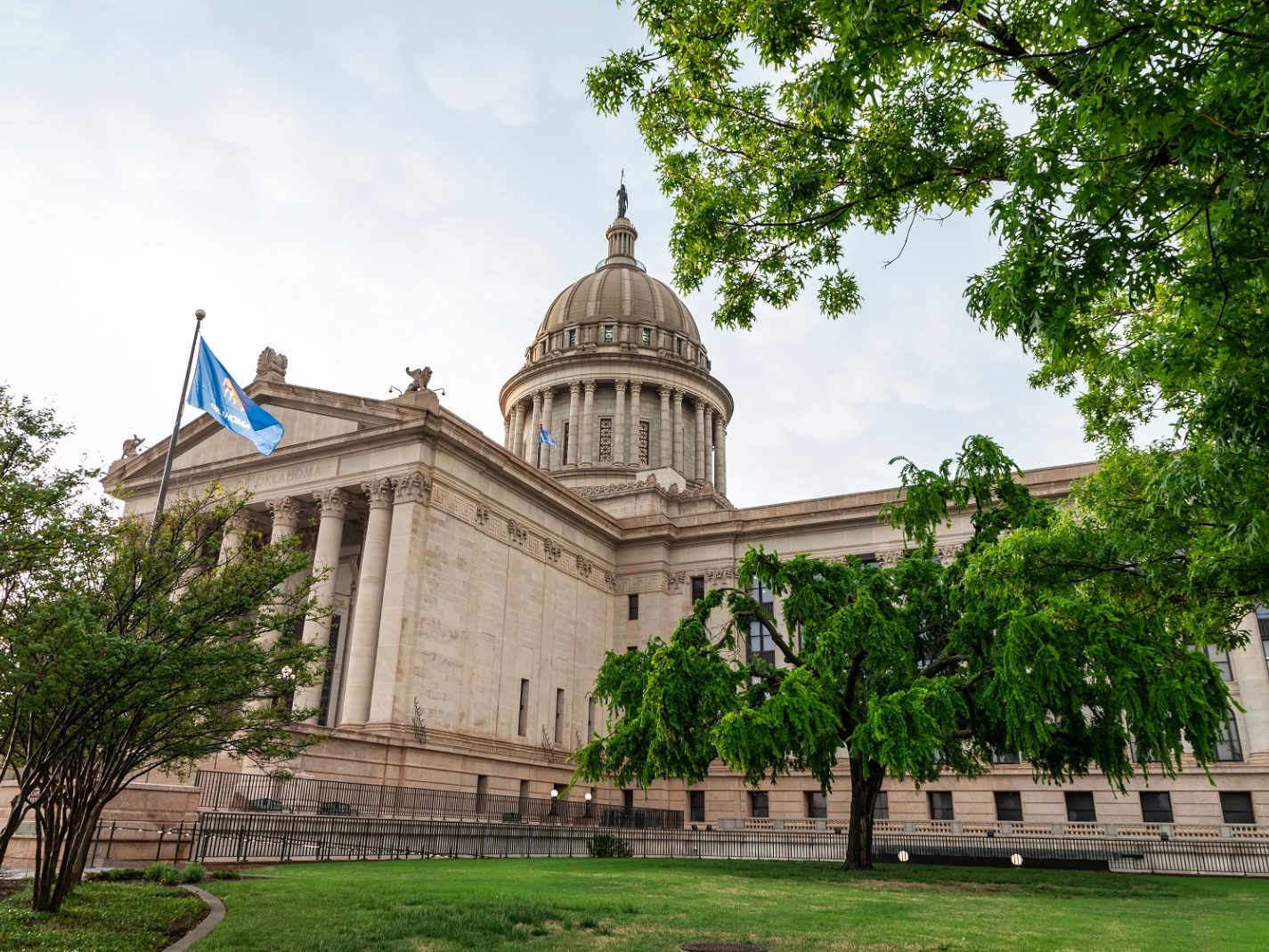The National Association of Scholars and the Civics Alliance are delighted that Iowa state legislators, especially Representative Taylor Collins jointly with his fellow members of the House Committee on Higher Education, have introduced at least fourteen bills to reform public K-12 and postsecondary education—and we are honored that significant numbers of these bills appear to have been informed by our model legislation and/or by our research. These bills jointly seek to:
- restore the civic mission and content of Iowa’s public K-12 and higher education, especially by reform of the public university General Education Requirements;
- require transparency about the syllabi of public university courses;
- establish an autonomous School within the University of Iowa free of the radical establishment that controls American higher education and dedicated to free inquiry;
- require transparency and accountability about public higher education finances, including its dependence on foreign sources;
- remove administrative programs and policies that impose discriminatory ideologies such as “diversity, equity, and inclusion” on public universities;
- prevent radicalized accrediting organizations from vetoing these reforms; and
- give the state legislature the means to review academic programs at public universities and determine which are structurally radicalized.
Education reformers throughout America seek these goals, which provide practical means to remove academic bureaucracies’ subordination of American higher education to the pursuit of radical political ends, and to restore American higher education to rigor and excellence, the search for truth, the study of Western civilization, and the cultivation of civic virtue. Iowa’s state legislators will put Iowa into the forefront of the movement for national education reform if they pass these bills—which we respectfully urge them to do.
We are, as we say, honored that Iowa state legislators have judged that our model bills can inform them as they pursue the goals of higher education reform that we share. The bills that appear to be informed by our model legislation and research include
- House Study Bill 30: A bill for an act requiring students to pass the United States citizenship and immigration services naturalization civics test as a condition of high school graduation and high school equivalency diplomas, which we believe has been informed by our model Civics Literacy Act.
- House Study Bill 32: A bill for an act relating to public schools, including requiring public schools to display the national motto and the state motto and to start each day of classroom instruction with silent time, which we believe has been informed by our model Document Display Act.
- House Study Bill 52: A bill for an act establishing a school of intellectual freedom at the university of Iowa, which we believe has been informed by our model School of Intellectual Freedom Act.
- House Study Bill 53: A bill for an act prohibiting certain requirements for students and faculty at regents institutions relating to diversity, equity, inclusion, and critical race theory and including applicability provisions, which we believe has been informed by our model Campus Intellectual Diversity Act.
- House Study Bill 54: A bill for an act requiring reporting by regents institutions of funding from certain foreign sources and including effective date provisions, which we believe has been informed by our research and policy advocacy on China’s Confucius Institutes.
- House Study Bill 59: A bill for an act providing for public availability of certain financial information of regents institutions and including effective date provisions, which we believe has been informed by our model College Finances Act.
- House Study Bill 55: A bill for an act requiring regents institutions to make certain course syllabus information available to the public online and including effective date provisions, which we believe has been informed by our model Syllabus Transparency Act.
- House Study Bill 56: An Act establishing completion of a course on American history and civil government as a requirement for the completion of a baccalaureate degree program at a public institution of higher education, which we believe has been informed by our model American History Act.
- House Study Bill 63: A bill for an act providing for general education requirements for undergraduate students at regents institutions and including applicability provisions, which we believe has been informed by our model Core Curriculum Act.
Iowa state legislators also have introduced a range of bills which are not part of our model legislation—although, after we review these bills, we may add versions of them to our range of model bills. These bills include:
- House Study Bill 50: A bill for an act providing for a review by the state board of regents of academic programs offered at regents institutions.
- House Study Bill 57: A bill for an act relating to accreditation of postsecondary educational institutions, prohibiting adverse action by accrediting agencies against certain postsecondary educational institutions for compliance with state law, providing remedies, and including effective date provisions.
- House Study Bill 60: A bill for an act prohibiting private institutions of higher education that participate in the Iowa tuition grant program from establishing diversity, equity, and inclusion offices.
- House Study Bill 61: A bill for an act prohibiting community colleges from establishing diversity, equity, and inclusion offices and engaging in certain other activities relating to diversity, equity, and inclusion.
We believe that all these bills are necessary for academic reform and well-tailored to achieve their objectives. Iowa state legislators of course should and will examine these bills closely and modify them as their collective judgment dictates. But we believe these bills are excellent as is, and that they will marvelously improve Iowa education if they are passed substantially in their current form.
We note that representatives of Iowa public K-12 and higher education surely will protest against these reforms, as infringements on their autonomy, or by other such defenses. We urge Iowa’s state legislators to recollect that they have delegated, not granted, autonomy to public K-12 and higher education institutions, and that they have not only the right but the duty to intervene to restore these institutions to their proper mission. We also urge Iowa’s state legislators to recollect that these institutions, and the personnel who staff them, have been derelict in their duty for generations. These institutions never should have allowed the institutionalization of radical politicization throughout their administrative programs and policies—yet this is what they have done. Iowa’s public educational institutions, especially their institutions of public higher education, no longer are capable of enacting or enforcing the reforms needed to remove the corrupting politicization that they now believe to be the normal state and purpose of higher education.
Iowa state legislators can and should act themselves to reform public K-12 and higher education—not least by means of this excellent range of education reform bills. The legislators’ judgment is better than that of the systematically corrupted educational establishment, which has forfeited the public’s trust.
Photo by gnagel on Adobe Stock



